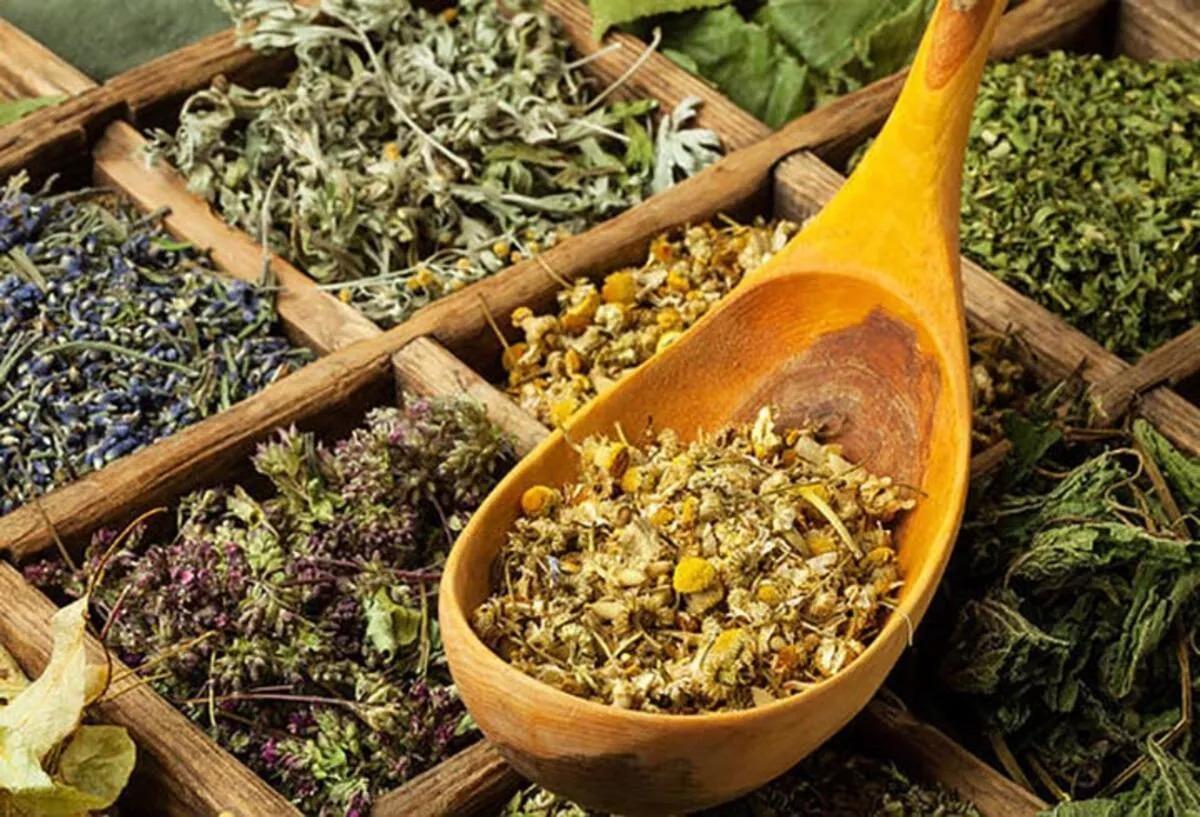
The global medical and aromatic plant trade, driven by the increasing awareness for healthy living in the pandemic, creates an economic added value in many areas, from herbal production to health and cosmetics to tourism.
Turkey receives a share of less than $1 billion from the world’s trade of medicinal and aromatic plants, which exceeds $200 billion, according to data by the International Trade Center (ITC).
Home to about 6 percent of the world’s medicinal plants, Turkey aims to increase this rate to $1 billion in the short term and $5 billion by 2023.
The Agriculture and Forestry Ministry plans to expand Turkey’s market share by increasing the interest of domestic investors in the sector with feasibility and investor guides prepared for 13 products.
Turkey has great potential in the global medicinal and aromatic plant trade with its geographical location, rich plant diversity, ecological structure and large area, according to M. Halis Ertaş, the chair of Talya Herbal Turkey and USA group.
“We have a very rich flora and economic potential in terms of many medicinal and aromatic plant species that make up the raw materials for sectors such as herbal medicine, plant chemicals, food and additives, cosmetics and perfumery,” he told Demirören News Agency.
“We are the world leader in thyme production, and we meet 90 percent of the world’s laurel needs.”
Ertaş noted that nigella, rosehip, thyme and essential oils, as well as various vitamins and mixtures with honey, were the main export products of the sector in 2021 in a wide range of markets, including the United States, Pakistan, Turkmenistan, Hong Kong, Switzerland and South Korea.
“With the effect of the pandemic, the increasing demand for herbal products that support the immune system and have a versatile usage area presents new opportunities for Turkey,” he said.
“By activating all our potential in different products and focusing on branded exports, instead of focusing on a single product such as lavender, we can move our country beyond the export target of $1 billion in the first stage and $5 billion in 2023,” he added.
The way for Turkey to get a bigger share from the global medicinal and aromatic plant market is to focus on value-added products and to increase marketing and promotional activities, according to Ertaş. Investing in research and development is also crucial for creating value-added products, Ertaş said.
“As Talya Herbal, we increased the share of our R&D activities, which made up 15 percent of our budget last year, to 25 percent this year,” he added.
“In R&D, we will carry out studies focused on foods and supplements for athletes and probiotic products. We plan to expand our export volume by 70 percent by reaching new markets with our branded products while also contributing to the global image of the Turkish medicinal and aromatic plant sector.”